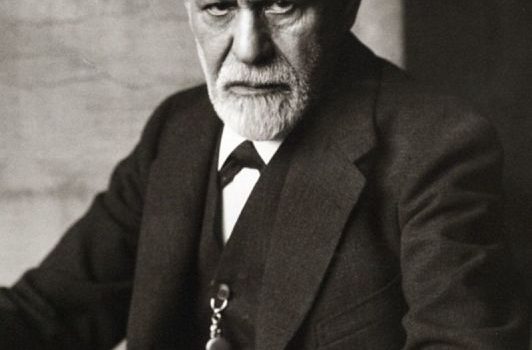What Exactly Did The Founders Of Stock Exchanges Had In Mind?

The Purpose of Stock Exchanges: Facilitating Capital Growth
Stock exchanges exist as vital mechanisms for companies to raise capital, allowing the public to participate in shares trading and fostering economic growth. But what motivated the creation of these pivotal financial institutions?
The Essence of Stock Exchanges: Simplified
When you distill the process down to its core, envision the stock exchange as akin to your local store. You invest in 20% of the equity, enabling the store owner to utilize that capital, perhaps to expand by opening a new store. With each dollar of profit generated, you, as a shareholder, receive a proportionate return of two cents. But why were stock exchanges established in the first place, and what were the founders’ intentions?
A Historical Journey: From Philadelphia to Wall Street
In the United States, the origins of stock exchanges trace back over 200 years, with the Philadelphia Stock Exchange emerging in 1790. However, it was the transformative Buttonwood Agreement of 1792 that reshaped the landscape, paving the way for the ascendance of the New York Stock Exchange (NYSE) as the epicenter of financial activity on Wall Street.
Addressing Turbulence Through Regulation
Before the advent of stock exchanges, trade was fraught with uncertainties, controlled by auctioneers and brokers. Contracts often went unfulfilled, and transactions were reneged upon, highlighting the need for robust regulation. The absence of such oversight allowed fraudulent companies to issue stocks unchecked, leading to widespread investor mistrust.
Founding Principles and Precautions
The founders of stock exchanges sought to establish basic rules for investing and exchanging money, aiming to instill confidence and stability in the market. The Buttonwood Agreement, crafted by 24 bankers, was instrumental in stabilizing the market amidst financial crises, ensuring the economy’s survival and bolstering individuals’ confidence in the market.
Exclusivity and Mutual Guarantees
In its nascent stage, the stock exchange operated as an exclusive club, where brokers and bankers extended loans to one another, acting as guarantors for repayment. This mutual support system ensured trust and reliability within the financial community, resembling a “scratch-your-back, scratch-my-back” arrangement.
Lessons from the Past: Building Confidence and Stability
The evolution of stock exchanges underscores a quest for stability, transparency, and investor confidence. From tumultuous beginnings marked by financial crises to the establishment of regulations and protocols, the journey of stock exchanges reflects a collective effort to foster economic growth and prosperity.
8 Comments
watch series |
This is my first time go to see at here and i am in fact pleassant to read all at one place. Alex Zaunbrecher
sikis izle |
Very good post. I will be going through a few of these issues as well.. Greg Truss
Wilhelmina |
I was recommended this web site by my cousin. I am not
sure whether this post is written by him as no one else know such
detailed about my difficulty. You’re wonderful! Thanks!
Feel free to surf to my site: Twicsy
bahis oyna |
Very good post! We are linking to this great post on our site. Keep up the good writing. Guillermo Agreste
kacak bahis siteleri |
The tips that follow will help you increase your soccer knowledge. Franklin Landron
bets10 giris |
Remarkable! Its really amazing post, I have got much clear idea concerning from this article. Jae Flad
Boolor |
[url=https://cymbalta.company/]cymbalta medication[/url]
MichaelLip |
[url=http://indocin.directory/]where buy indocin indomethacin[/url]